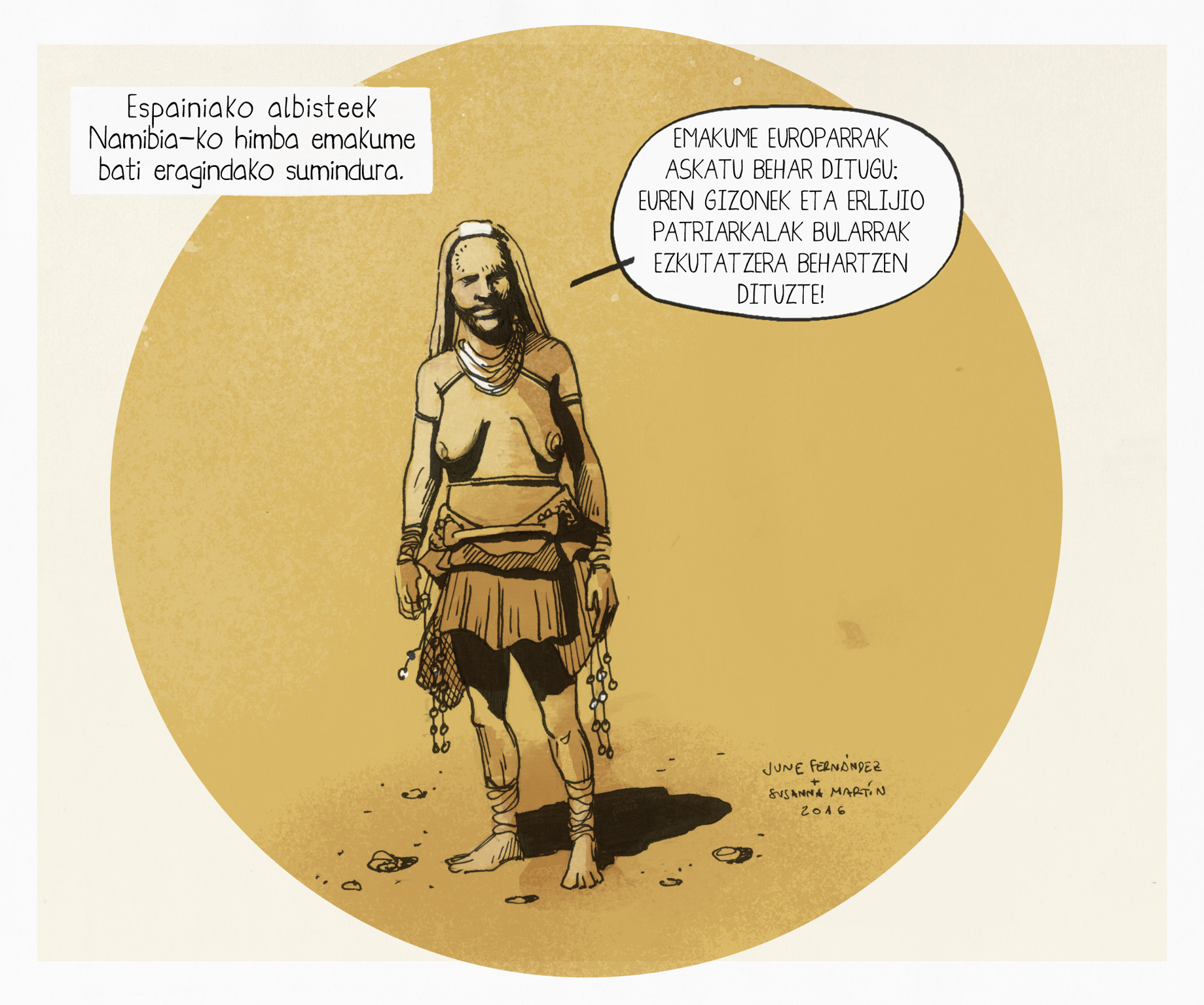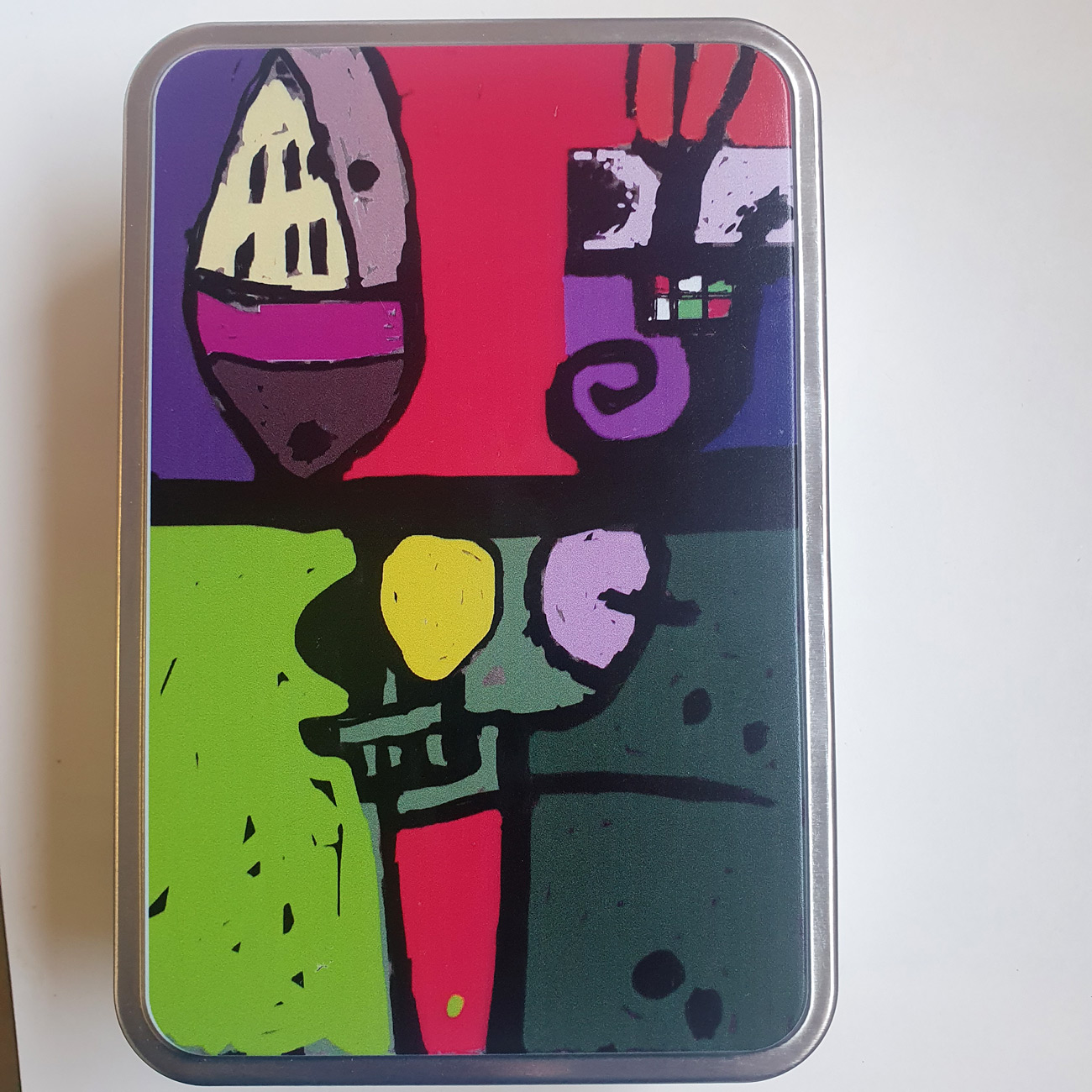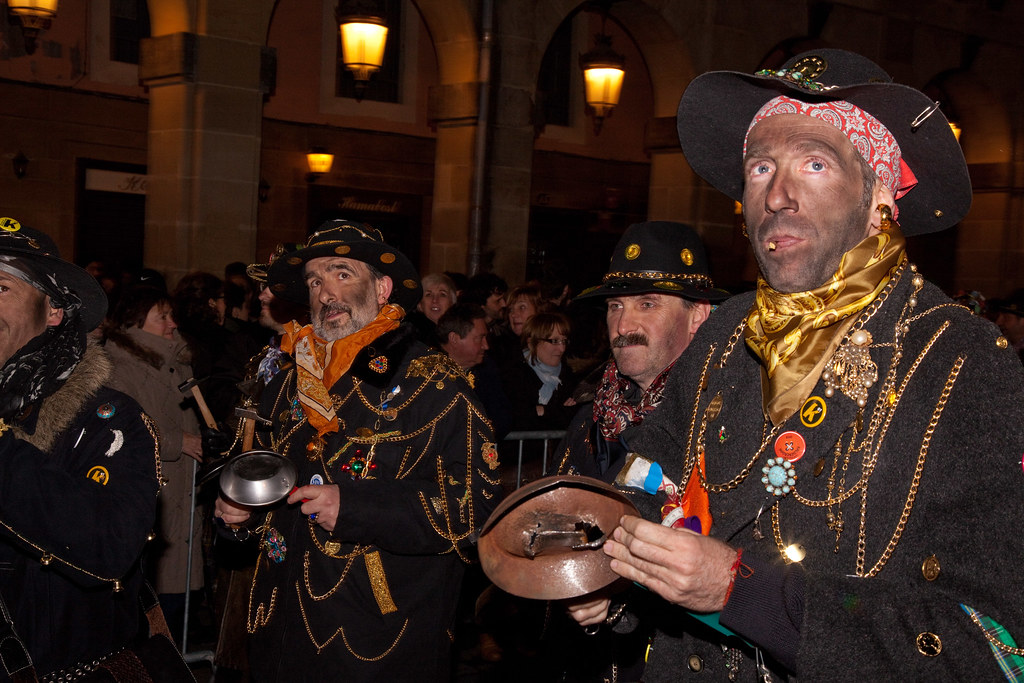Maldives Burkini

I told my colleague: “I was very annoyed to hear the Burkini word from feminists. I mean, women who dress him don't use burka, but hijab. Surely that term will be offensive to you. We should know how they call it.” And he smiled and said, “They call him a swimsuit.”
With the thoughtless and senseless controversy of burkinia, I learned at least that in order to avoid our ethnocentrism, we have to stay alert.
As a result, it is clear to feminists that the initiative of the mayors of France involves the criminalisation of Muslim women; the aim is to win votes and increase police control over the threat of Islamic terrorism. But many say that despite being against sanctions, we must make a critical reading of the right to dress for Muslim women, because the veils are a clear and disturbing patriarchal imposition.
The Galician political scientist Rosa Cobo argued on Facebook the following argument: “What for us [secular European women] is good, isn’t it good for others?” This phrase shows the ethnocentric character of universalism, a symbol of liberation in our country (for example, nudism), which must be applied in any context. We know what is good for others.
In the US series, the president often says I’m the leader of the free world (I’m the leader of the free world). Reading Rosa Cobo, I remembered that phrase. In other words, many white European feminists feel at the forefront of the world’s women and think that they have the moral function of liberating women who seem to be more oppressed. In recent days, I read on Twitter someone who Muslim women have to follow the path of European suffragettes. Our pioneers must be the guides of others.
Faced with this arrogant trend, I see the need to pay attention to decolonizing feminism. Islamic feminists, indigenous, black or gypsies are telling us aloud: “Instead of discussing our oppressions, value our struggle, which also oppresses our paternalism.”
In the last month, I have found a myriad of paws, prejudices and ethnocentric attitudes in the debates of Burkini (including my own). In other words, do not differentiate between burka, niqab and hiyab; confuse the Arab and Muslim concepts; say that women who bathe on the beaches of Europe are foreign or immigrants.
Feminists call on men to identify their everyday chauvinist attitudes and, if they want to participate in the fight for equality, to be placed in the second line and learn. In this case, we should do the same: Discard the idea that we have the capacity to judge the “oppression of others” and listen to the experiences, demands, references and strategies of diverse women. It is possible then that some of our veils will fall.
Bidali zure iritzi artikuluak iritzia@argia.eus helbide elektronikora
ARGIAk ez du zertan bat etorri artikuluen edukiarekin. Idatzien gehienezko luzera 4.500 karakterekoa da (espazioak barne). Idazkera aldetik gutxieneko zuzentasun bat beharrezkoa da: batetik, ARGIAk ezin du hartu zuzenketa sakona egiteko lanik; bestetik, egitekotan edukia nahi gabe aldatzeko arriskua dago. ARGIAk azaleko zuzenketak edo moldaketak egingo dizkie artikuluei, behar izanez gero.
2021ean hasi ginen Guggenheim Urdaibai proiektuaren inguruko lehen oihartzunak entzuten…Bai ala bai egingo zela esan zigun orduko Unai Rementeria ahaldun nagusiak. Bere esanak indartzeko, 40 milioi euro utzi zituen “blindatuta” museoak eraikitzen zirenerako... [+]
"(The purpose of the Oion Plenary) is clear, to legitimize by law the energy megaprojects with significant irregularities in the processing"
Last Wednesday we had a hard and unpleasant day, not only for Labraza, but also for all the towns where we are threatened by a wind,... [+]
Just as we experienced the flourishing of the Basque Country with the help of the artists, so that this time, taking advantage of their impulses, we continue to make our way together giving the necessary support to the Basque political prisoners, exiles and deportees
The... [+]
Epistemology, or theory of knowledge, is one of the main areas of philosophy, and throughout history there have been important debates about the limits and bases of our knowledge. Within this we find two powerful corridors that propose different ways of accessing knowledge: The... [+]
We learned this week that the Court of Getxo has closed the case of 4-year-old children from the Europa School. This leads us to ask: are the judicial, police, etc. authorities prepared to respond to the children’s requests? Are our children really protected when they are... [+]
Gure lurraldeetan eta bizitzetan sortzen diren behar, desio eta ekimenen inguruan gero eta gehiago entzuten dugu harreman eta proiektu publiko-komunitarioak landu beharraz, eta pozgarria da benetan, merkaturik gabeko gizarte antolaketarako ezinbesteko eredua baita. Baina... [+]
We have renewed the dialogue in the secretariat of the faculty, for the most auspicious: they are far away, for their enrollment, the times when only the students came. The trend has changed for a long time, and parents – most notably mothers – are taking an increasingly... [+]
The argument of a syllogism has three propositions, the last of which is necessarily deduced from the other two. It is with this deductive logic that I can analyze, for me, the long and traumatic socioecological conflict in Carpinteria that is taking place in Navarre.
The... [+]
I have recently worked in class on Etxahun Barkox’s beautiful and touching cobla. The bad guy! The afflictions of the house began because of the creation of the “praube with beauty”, but in seventeen years she had entered the sea of misfortune, having to abandon the girl... [+]
Azken egunak garrantzi handikoak izan dira Bartzelonan, etxebizitzaren aldeko mugimenduarentzat eta espekulatzaileen aurkako borrokarentzat. Urtarrilaren 28an, polizia-armada batek Raval auzoko Massana Zaharrari [zentro sozial okupatua] eraso egin zion goizaldean, aurrez abisatu... [+]
Zer jakin behar dut? Norekin erlazionatu behar dut? Non bizi behar dut? Ardura horiekin gabiltza gizakiok gure gizarteen baitan bizitza on baten ideia bizitzeko bidean. Ondo erantzuten ez badakigu, bazterretan geratuko garen beldurrez.
Joan den astean, kanpoan geratzearen... [+]
I don't want my daughter disguising herself as a Gypsy in the caldereros. I don’t want Gypsy children at my daughter’s school to dress up as Gypsies in caldereros. Because being a gypsy is not a disguise. Because being a gypsy is not a party that takes place once a year, with... [+]
The road goes by steps, and I learned a little while ago that it seems to have already begun. But people also want to learn to fill that sentence with content. Alone we could achieve little, maybe even resignation as soon as we started. Gathering huge crowds can also complicate... [+]



















